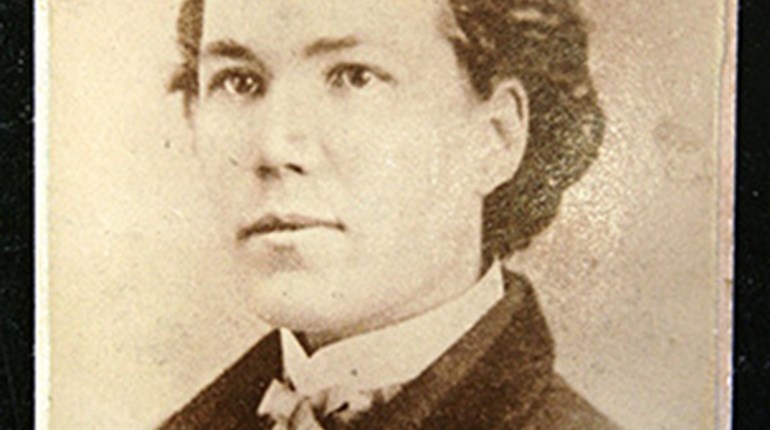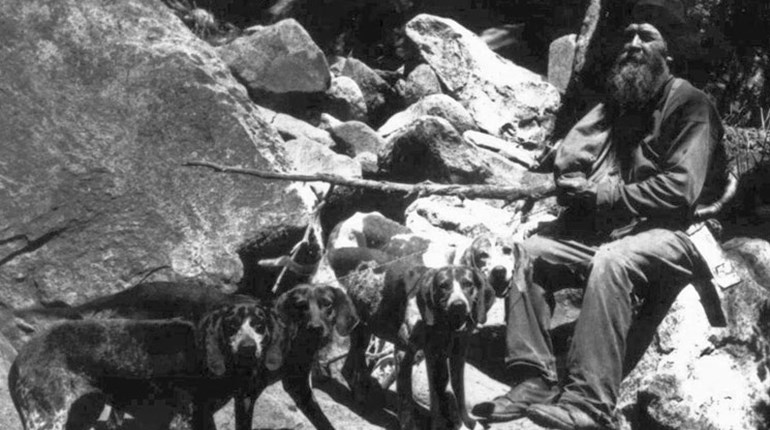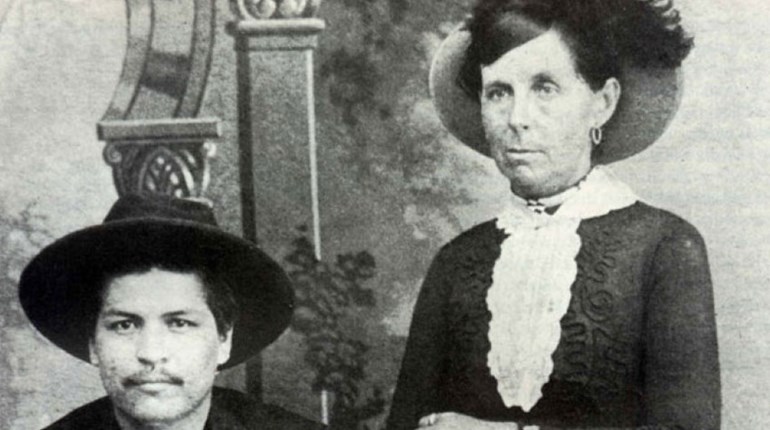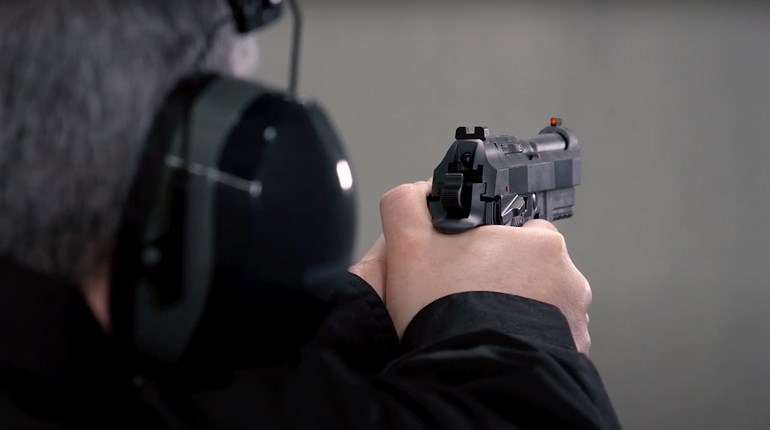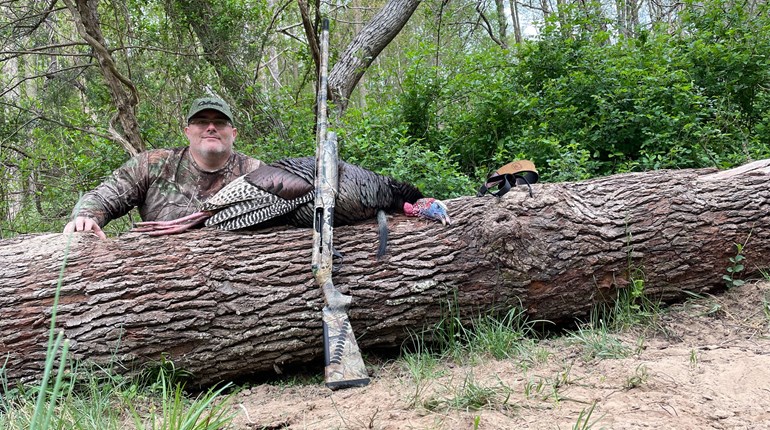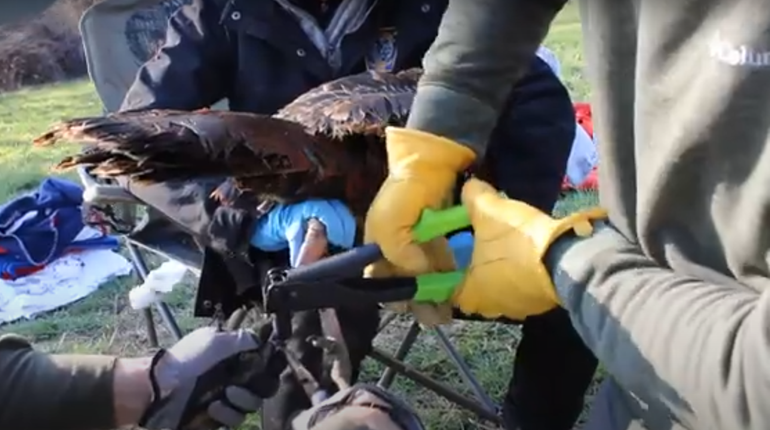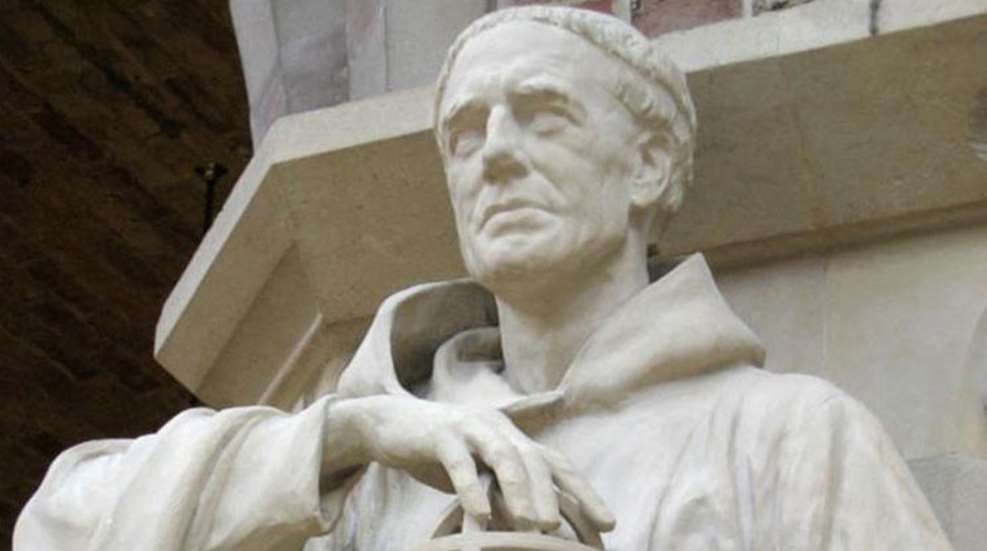
England, 1200s …
The man sat statue-like in his chair, gazing unseeingly at the fire burning in the fireplace. His thoughts drifted back to the travelers he’d talked to last year. They’d been to China, where they’d seen a thumb-sized container filled with something that looked like a black powder and which flamed and sizzled and made a fearsome noise when it was set on fire. He’d been doubtful at first, but he’d since read books that confirmed their words.
And now he’d been able to get one of the devices—just one, but it was enough. He’d taken it apart, and he thought he’d figured out what substances were in the powder, although he wasn’t altogether sure of the exact amounts.
The man stood and made his way over to the table at the other side of the room. He took down three containers from a shelf and measured out charcoal, sulfur and saltpeter into a bowl. He stirred the mixture and poured it into the small cylinder he had placed nearby. His heart thumping a mile a minute, he prepared to set the mixture afire. Would it work the way he hoped?
KABOOM!
The man found himself sprawled upon the floor. Lab instruments were scattered every which way, broken glass littered the table and floor, and a strong sulfur odor filled the room. The man’s face broke into an ear-splitting grin. He thrust his fist into the air in triumph. He’d done it!
•••••••
And that’s the way it was. Well, maybe. You see, back in the 1200s, everything wasn’t written down as faithfully as it is now. So historians have had to take bits and pieces of information about what went on at the time, put them together and make an educated guess—or guesses. In the case of Roger Bacon and gunpowder, there have been a lot of guesses.
What is known for sure is that Roger Bacon experimented with gunpowder. He jotted down notes on gunpowder and its explosive properties as well as a formula—directions on how to make it. “If you light it you will get thunder and lightning if you know the trick,” he wrote.
Thus, Bacon was the first—or one of the first—Europeans to write about gunpowder and was most likely the first to make known the actual composition. Indeed, he is sometimes referred to as the European father of gunpowder. Anything more than this, is far from certain.
Because of the lack of written records at that time, what is known of Roger Bacon and his life is somewhat sketchy, too.
Young Scholar
Bacon was born in England into a well-to-do family somewhere around 1214. He was a studious youth, and at age 13, he entered Oxford University. He would remain there for seven or eight years, studying grammar and logic, philosophy, geometry, arithmetic, astronomy and music before receiving a Master of Arts degree.
Upon graduation, Bacon taught at Oxford, where he became something of an authority on the subject of Aristotle, an ancient Greek philosopher. By his late 20s, Bacon relocated to Paris, France, where he was a lecturer at the University of Paris—again on the subject of Aristotle and his ideas. At both universities, the language of teaching was Latin, in which Bacon was fluent. He was also fluent in Greek, Hebrew and Arabic, in addition to his native English.
While in Paris, Bacon attended lectures on theology, but he soon realized he was more interested in science than religion.
Back Home Again
Around 1247, Bacon returned to England and began an intense study of the sciences. This, he thought, would be his path to fame. With his family’s money, he bought expensive, hard-to-find scientific books on a variety of scientific topics. He purchased instruments and astronomical tables, prisms, lenses and drawings of instruments that he couldn’t get. He read about experiments and began to conduct simple experiments of his own.
He also listened—to travelers, scholars and would-be scholars who claimed knowledge in the sciences and other matters. You’ll recall from the story at the beginning of this article that Bacon learned about a black powder and an explosive device from men who had visited China.
Bacon would often say that he learned more truths from the common man than from famous doctors. In fact, he was rather outspoken about it and often criticized recognized scholars. This practice, as you might imagine, did not always make him popular.
The Franciscans
Within a few years of his return to England, Bacon’s family had a change of fortune and told him they could no longer afford to pay for his studies. This threw Bacon into something of a panic because he wasn’t making much money on his own. How would he continue his work? The answer for Bacon, as it was for many English scholars, was to join the Order of St. Francis—the Franciscans.
So Bacon was able to continue his studies, but his tendency to criticize and question at every turn was now directed at the Franciscan community. While some welcomed such critique, others took grave exception to Bacon’s words, and in 1257 he was sentenced to a period of confinement in France. Although he would not be released for several years, during this time, he managed to write some of his most important works.
Upon his release in 1268, Bacon returned to Oxford University to continue his studies in experimental science and his writing. Ten years later, he had again antagonized powerful members of the Franciscan community with his repeated criticism of the clergy and monks. His books were banned and he was imprisoned for about 14 years. He was freed a couple of years before his death.
The Man and His Legacy
Roger Bacon was a philosopher and one of the early supporters of the modern scientific method. Although he conducted many scientific experiments, he is not credited with any scientific discoveries of note. He is, however, known for his critical thinking, his insistence that “knowledge is power” and for his predictions of potential inventions—ships that move without sails or oars, chariots that travel on land without horses, flying machines and, of course, the process for making gunpowder.













